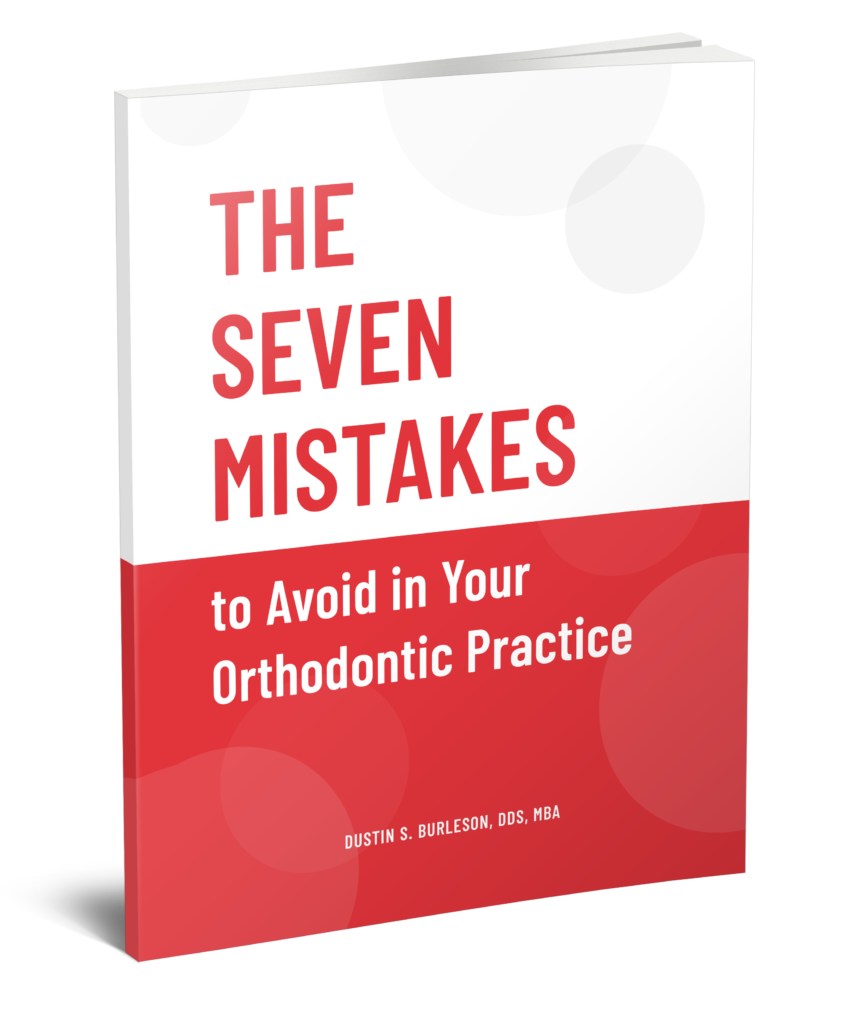There’s a general sense that the Federal Reserve might pull off a soft landing but high inflation isn’t making the task an easy one. Even though most economists now predict (85%) that we might actually avoid a recession in the US, Wall Street is skeptical. The US inflation rate is 3.67%, up from 3.18% last month and 8.26% last year. It’s higher than the long term average of 3.28%.
Existing home sales in the US are off from 4.88 million a year ago to 4.07 million last month, trending down 2.16% month-over-month and nearly 17% year-over-year. All four major U.S. regions posted year-over-year sales declines, according to the National Association of Realtors (NAR).
Most orthodontists and dentists are concerned about new patient volume, revenue and overhead. Here are a few strategies that have worked well over the long run during challenging economies.
First, we have to acknowledge the fact that no two economic downturns are exactly alike. What got you through the last downturn might be completely worthless in this one. The average orthodontic practice’s revenue is down 4-6% or flat year-over-year. GPs that don’t place a lot of implants or offer oral surgery are also flat in terms of revenue. Offices with more than one doctor have been able to control overhead, so their net income is up slightly (1-2%). Source: composite trend data from Gaidge, Cain and Watters, and Burleson Seminars.
The quickest way to get a handle on your region in any specific economic downturn is to accurately assess who is buying and who isn’t. Dig deep to fully understand what your patients are doing and how the economy is affecting them. Are adults holding off on treatment for themselves but still buying for their children? Are surgical and pre-restorative orthodontic patients with functional concerns committing to treatment at a higher rate than purely-elective, cosmetic cases?
The smartest marketers and business leaders understand that a sustainable increase in sales will not be driven by clever advertising, appealing products or seasonal discounts but rather through flexible financing, consumer confidence and trust. John Quelch is the Charles Edward Wilson Professor of Business Administration at Harvard Business School and holds a joint appointment at Harvard School of Public Health as a professor in health policy and management. He and Katherine Jocz have written several articles and books on marketing and they provide a lot of powerful advice around the next strategy:
Second, no two customers are exactly alike in economic downturns. Some consumers must buy based on price in any economy. They will pump the brakes hard on any spending above the essential category. Treats, postponable and expendables are all but eliminated. For pained-but-patient and comfortably well-off consumers, their behavior will shift but in ways that smart marketers can address with value delivery and quality outcomes so that necessary care is not postponed.
Most consumers will become more price sensitive. They might seek out favorable products, brands and services at reduced prices or settle for less-preferred alternatives. Which brings us to our third point and strategy:
Finally, remember that loyal customers are the primary, recurring source of cash flow and growth during any downturn. Marketing isn’t optional. You must consider the marketing essential in order to bring in revenue from these key customers and others. It’s far too easy to cut marketing budgets during economic downturns instead of letting people go or trimming production-based costs. I would urge you to reconsider. Instead of trimming the marketing, trim your lab fees and negotiate better terms on products and services you think you can’t do without in the production line.
- If your core customers are pained during this economic downturn, offer simpler options, better financing and lower prices. We had a silver plan for patients which included restricted hours and carved out many of the lifetime satisfaction and retention guarantees in our clinics. Continue to raise awareness and find ways to improve your core offering that might drive new interest in your office.
- If your core customers are comfortably well-off, promote savings from buying now and remind them of what they will be missing out by postponing treatment. Continue to offer flexible payment plans and clearly define then highlight what aspect of your offer is a “must have” and continue to remove risk and build trust by reminding buyers of the quality they will receive by choosing you.
In 2008, we went through the most severe recession since the Great Depression. One trend that served firms well in prior recessions worked again in 2008-2009 holiday season and will probably work well this holiday season. Here’s a summary from Quelch and Jocz:
“Even cash-poor firms would be wise to commit a substantial portion of their marketing resources to reinforcing the core brand proposition. Reminding consumers of how the brand matters can add to the cushion provided by previous investments in building the brand and customer satisfaction.

De Beers came to this realization after it reduced its U.S. marketing budget early in 2008 in response to the grim economic outlook. When research revealed that diamonds represent enduring value to a majority of consumers, the company doubled its Christmas advertising spending over the previous year’s. Brand-awareness ads in several media proclaimed, “Here’s to less,” and urged us to buy “fewer, better things” because “a diamond is forever.” Although Christmas sales in the United States softened compared with the previous year’s, prices were stable—and trends in consumers’ desire to buy diamonds remained healthy.
At its core, the best strategy to thrive during an economic downturn is to stay closer to the consumer than the competition. In the pursuit of new patient attraction and conversion, many of your peers and competitors will focus on what they need as a practice or as an individual. This is a mistake.
Focus on the patient.
Get free weekly trainings. Unlock your next phase of growth with exclusive weekly trainings from Dr. Dustin Burleson to help you reimagine the status quo and advance your practice.
Sign up here and you’ll receive the free white paper “Seven Mistakes to Avoid in Your Orthodontic Practice.”


Leave a Reply